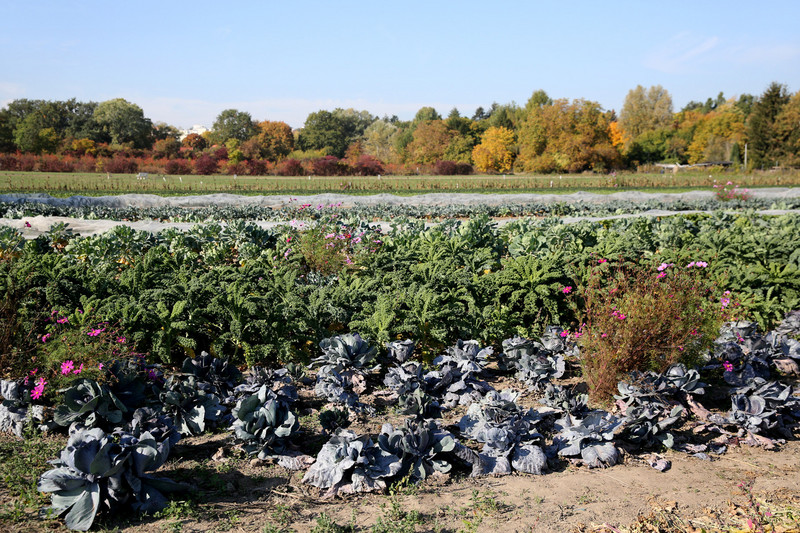BERAS Foundation: Strengthening regional closed-loop supply and supporting international exchange

The intensive agricultural industry of the countries bordering on the Baltic Sea has led to the Baltic Sea being extremely overburdened. The biodiversity and equilibrium of nature in the Baltic Sea Region are at risk on a grand scale. Against this background, an initiative from Sweden has already, for many years, been looking for ways to solve the problem, which lead to ecologically sustainable agriculture, as well as corresponding nutritional and supply concepts. Its acronym BERAS stands for “Building Ecological Recycling Agriculture and Societies”, which already indicates what those running the project are aiming at. It draws from a wealth of experience, as well as the principles of dynamic organic and ecological agriculture, in order to find answers to the pressing challenges faced by humankind and the environment. “BERAS has, over the past 15 years, not only developed scientific principles, but has, above all, identified and supported specific examples of how to put it into practice”, emphasizes SAGST Project Manager Cornelius Sträßer. “Farmers, fabricators, dealers, kitchen chefs, political decision-makers and the public administration join forces, in that project, to jointly take on responsibility for our environment.
Since 2015, the BERAS International Foundation has been continuing this work, in its capacity as a foundation. Cooperation partners include the international research network Food Quality and Health (FQH) and the Research Institute of Organic Agriculture (FiBL) in Switzerland. Its most significant projects include explaining the benefits of the ecological closed-loop agriculture, for which scientists and advisers have formulated extensive practice-oriented guidelines. The “Diet for a Green Planet” conceived by BERAS, for example, encourages the use of as many ecological and regionally-produced foodstuffs as possible, in both public canteens and private households. Such “Sustainable Food Societies” constitute a specific implementation of regional cooperation along the value creation chain. A particularly outstanding example of that is the cooperation with the Swedish town of Södertälje, where approx. 24,000 school meals are prepared daily using over 60 per cent regional ecological produce.
In order to enhance this abundance of knowledge in international exchange, as proposed by SAGST, the BERAS Foundation became affiliated with the international research network known as the Organic Food System Programme (OFSP). Within the context of the OFSP, BERAS has, since 2017, as a key initiative, been part of a 10-year UN program for sustainable nutritional systems as part of the UN Agenda 2030. “We are very pleased to see that BERAS and OFSP have succeeded in contributing approaches to solutions which emerge from the dynamic organic agriculture, as well as associated economic forms, to the international discourse. Software AG Foundation has, through funding BERAS, been able, in this way, to make a contribution towards such approaches being discussed and published by the United Nations, as well as also influencing those issuing international political recommendations”, emphasizes Cornelius Sträßer. “Taking as a starting point the specific ecological challenges of the Baltic Sea Region, we are looking at a global network, which will certainly, in years to come, carry this much needed healing impetus into the world.”
